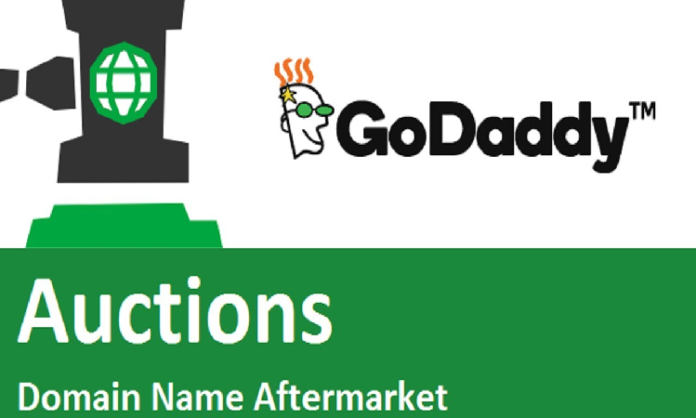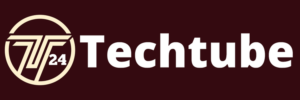
Table of Contents
A domain auction is a process where domain names are put up for sale to the highest bidder. Domain names are unique, human-readable addresses that are used to identify websites on the internet. In a domain auction, individuals or organizations who own domain names can choose to sell them to interested buyers through an auction platform. Here’s how the process generally works:
Selection of Domain Names:
Domain owners decide which domain names they want to auction. These could be domain names they no longer need, ones they bought for investment purposes, or ones that they believe have substantial value.
Auction Platform:
There are various online platforms that facilitate domain auctions. Some popular platforms include GoDaddy Auctions, Sedo, NameJet, and Flippa. These platforms provide a marketplace for both sellers and potential buyers to interact.
Listing and Reserve Price:
Sellers list their domain names on the auction platform, along with a starting bid and possibly a reserve price. The starting bid is the minimum amount a bidder needs to offer to enter the auction, while the reserve price is the minimum price the seller is willing to accept. If the bidding doesn’t reach the reserve price, the domain may not be sold.
Bidding:
Once the auction begins, registered users on the platform can place bids on the domain names they are interested in. Bidders can increase their bids as the auction progresses.
Auction Duration:
Domain auctions typically have a set duration during which bids can be placed. Common durations include 7 days, 10 days, or 30 days. The highest bidder at the end of the auction wins the domain name.
Proxy Bidding:
Some auction platforms use a proxy bidding system. With proxy bidding, bidders enter the maximum amount they are willing to pay for a domain. The platform then automatically increases their bids incrementally on their behalf until their maximum bid is reached.
Winning and Payment:
When the auction concludes and a winning bidder is determined, they are required to pay the final bid amount to the auction platform. Once payment is confirmed, the domain ownership is transferred from the seller to the buyer.
Domain Transfer:
The domain transfer process varies depending on the domain registrar and auction platform. Generally, the seller initiates the transfer by unlocking the domain and providing an authorization code. The buyer then provides their registrar’s information to receive the domain.
Escrow Services:
In high-value transactions, both parties might use an escrow service to ensure a secure transaction. The buyer sends the payment to the escrow service, and once the domain transfer is confirmed, the funds are released to the seller.
Post-Transaction:
After the domain transfer is complete, the new owner gains full control of the domain. They can choose to redirect the domain to an existing website, use it for a new website, or hold onto it for potential future resale.
Domain auctions can be a way for individuals and businesses to acquire valuable domain names that may not be available through regular registration. It’s important for both buyers and sellers to thoroughly research the process and use reputable auction platforms to ensure a smooth and secure transaction.
GoDaddy Auctions
GoDaddy Auctions is a platform that allows users to buy and sell domain names, websites, and other digital assets. It is operated by GoDaddy, which is one of the largest domain registrars in the world. The platform provides an online marketplace for domain owners to sell their domains to potential buyers, and for buyers to bid on domain names that are up for auction.
There are different types of auctions on GoDaddy Auctions, including expired domain auctions, closeout auctions, and public auctions. Expired domain auctions are for domain names that have expired and are available for purchase, while closeout auctions are for domains that have not been renewed and are available at a fixed price. Public auctions, on the other hand, are for domains that are being actively sold by their owners.
Users can search for domain names on GoDaddy Auctions by keyword, category, or price range. They can also set up alerts to be notified when specific domains become available for sale. To participate in auctions, users must create an account and verify their identity. They can then bid on domains or purchase them at the fixed price. Once a domain is sold, the transaction is facilitated by GoDaddy, which provides a secure platform for the transfer of ownership.
Read More : Domaining Business
























